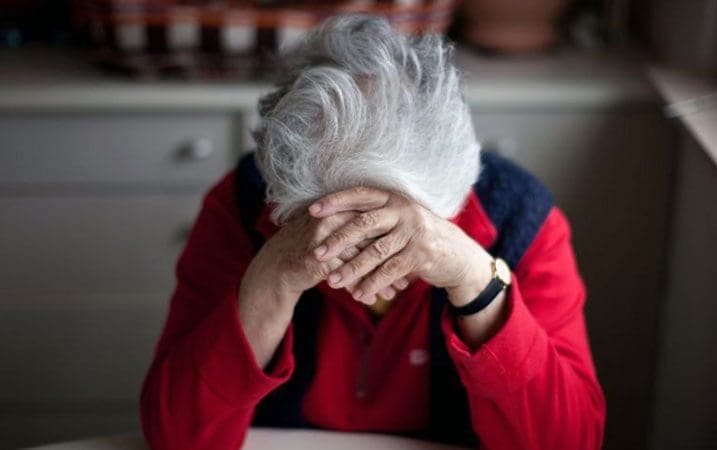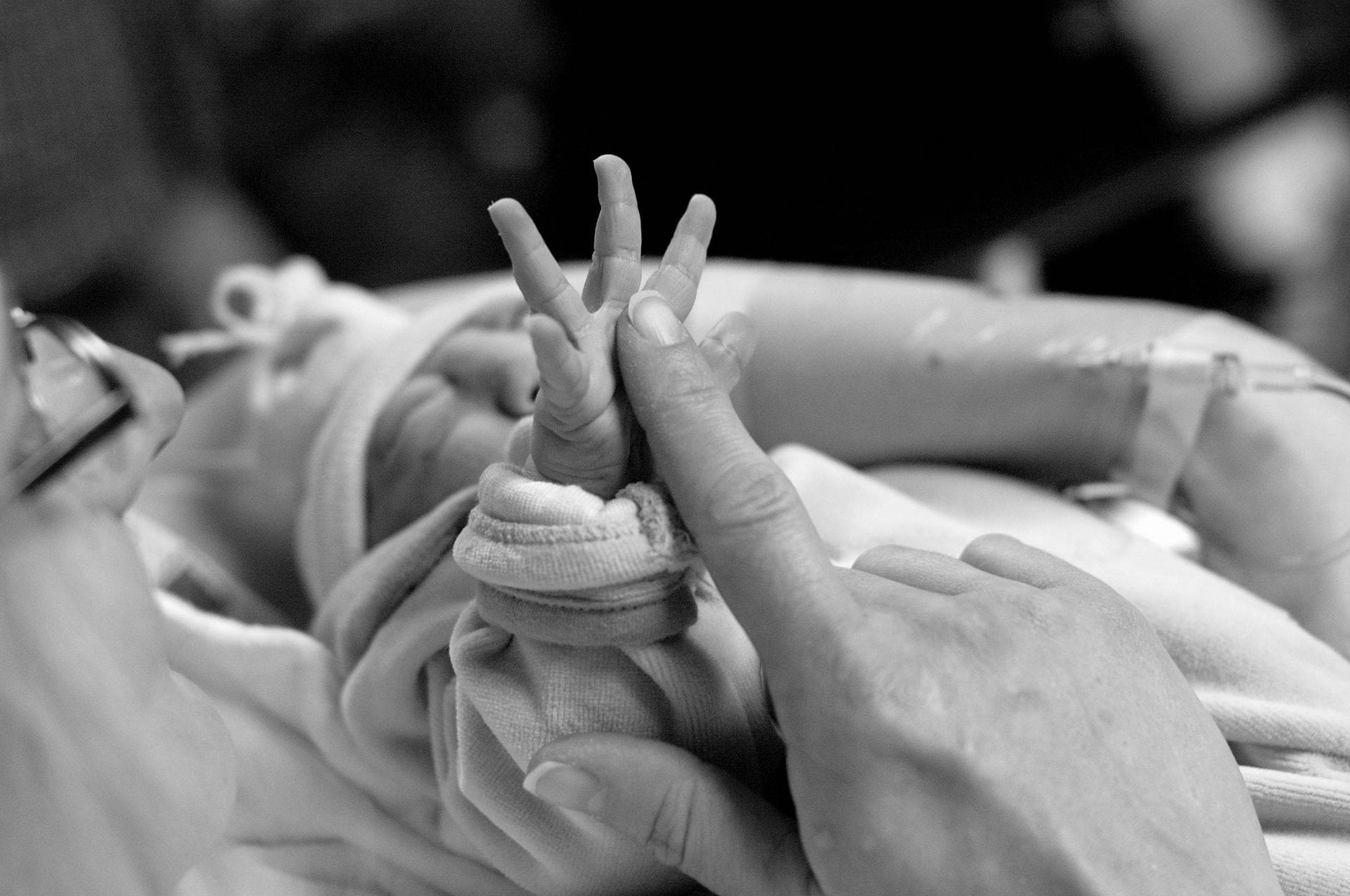ROME — As the tumultuous Synod of Bishops on the family nears its end, there’s mounting concern in some quarters that its results will be overly focused on a narrow set of contentious issues, while glossing over many matters Pope Francis cares about most, including immigration, poverty, domestic abuse, and the elderly.
Much has been said by bishops inside and outside the Vatican’s Synod Hall about the idea of giving Communion to divorced and civilly remarried Catholics, for instance, as well as the need for more welcoming language to address the LGBT community.
Yet based on the daily press briefings and interviews with participants, there’s been considerably less attention to the impact of forced migration on families, the difficulty the poor have in forging a good family life, and what Francis has said is society’s abandonment of the elderly.
While those topics have been mentioned sporadically, they don’t seem to have found much traction.
There’s still a chance that those issues may be treated in the synod’s final document, set for a vote Saturday night.
So far, however, all signs suggest that many big-picture challenges facing 21st-century families haven’t really found an echo inside the synod hall.
Migration
In the United States, there are 11 million undocumented people, while Europe’s current refugee crisis is considered the worst since the Second World War. Throughout Africa and the Middle East, violence, poverty, and religious persecution are forcing people to leave their countries in search for a better home.
In pastoral terms, the ramifications of migration for family life are almost endless. Families are dismembered by shipwrecks in the Mediterranean Sea. Or they get divided, as parents leave children with their grandparents while they look for work in other countries, or the children are sent alone across continents to reach the United States or Europe.
Maria Gomez, a lay participant at the Synod who is responsible for the pastoral care of families in Dubai, told the bishops that such long-distance separations can lead to “frustration, depression, stress, addictions, infidelity, and single-parenting issues.”
Speaking as an expatriate who moved to the Gulf, Gomez ticked off other challenges related to migration, such as a rise in intercultural and interfaith marriages, and an increase in civil marriages and cohabitation for the sake of convenience.
Archbishop Jose Gomez of Los Angeles told Crux it’s fair to say that too much time has been spent at the synod focusing on a narrow set of contentious matters and not enough on broader social and cultural questions.
“I feel that there are a lot of good people out there that wanted us to be more assertive in addressing realities like immigration,” he said.
War
Pope Francis often says that today a Third World War is being fought piecemeal, with armed conflicts in Latin America (Colombia), the Middle East (Iraq and Syria), Eurasia (Ukraine and Russia), and Africa (Central African Republic).
More than 180,000 people died in 42 armed conflicts in 2014, conflicts that tore families apart, caused untold physical and emotional suffering, left thousands with post-traumatic stress disorder, and destroyed hundreds of thousands of homes.
Strikingly, however, the working document for the synod, known as the Instrumentum Laboris, mentions the word “war” just four times.
Patriarch Raphael Sako of the Chaldean Catholic Church in Iraq has been among the voices at the synod pleading for a serious engagement with the consequences of armed conflict.
“There should be something done by the universal Church to protect and sustain Christians in Iraq in Syria,” he said in a Crux interview. “Until now, nothing serious has been done.”
Domestic violence
Between 2001 and 2012, according to US statistics, almost 12,000 women in America were killed by their ex-partners, twice the number of American troops killed in Afghanistan and Iraq over the same period.
Similar numbers apply in countries around the world, posing an obvious threat to the families those women left behind.
Yet the issue of domestic violence was barely mentioned at the daily press briefings the Vatican organized, and seems to have had relatively little traction among the 13 small working groups at the synod.
The issue was raised by Sister Maureen Kelleher of the Sacred Heart of Mary, one of three religious sisters participating in the synod as auditors. She does most of her work with migrants, having set up a legal aid office for them.
“I love my law practice with immigrants and find a high percent of my clients suffer from domestic violence,” she said.
“I call on our Church to do a good preparation of priests so they might accompany these families and not tell the woman to go back home,” she told the bishops during her three-minute address.
Poverty
According to the United Nations Food and Agriculture Organization, 11 percent of the world’s population is malnourished. More than 100 million people live on less than $2 a day.
The Instrumentum Laboris has a section dedicated to “The Challenge of Poverty and Social Exclusion,” yet if the documents from the working groups are an indication of the discussion from the past three weeks, the matter barely came up.
Bishop Borys Gudziak of the Greek Catholic Church in Ukraine told Crux at the end of week two that “there’re hundreds of millions of people who don’t have the physical chance for a good family” due to poverty.
“The Lord doesn’t forget them and creates miracles, and grace transforms situations, but grace also works through us,” Gudziak said, who is head of the Greek Catholic community in Paris.
In the opinion of the Harvard-educated bishop, his peers have talked less about refugees and the poor than they have about Communion for the divorced and civilly remarried.
“Every human suffering, pain, deserves attention,” he said. “It’s not a question of saying ‘my hurt is bigger than yours,’ [but] I believe they should be proportionally viewed.”
The elderly
Pope Francis often speaks of the elderly when he mentions the “throwaway culture,” a term he uses to talk about those forgotten by society. He has accused younger generations of thinking of their parents only when they need their pensions, and has called for a form of family life that takes care of both the future and the past.
One might think it would be a natural topic for the Synod of Bishops, where the average age is considerably older than that of the general population. Yet the word “elderly” appears just 11 times in the Instrumentum Laboris, half the number of references to divorce.
Early on, it seemed the issue might catch the synod’s attention. In the press briefing on day two, reporters were told that participants had discussed “the importance of the elderly as a resource for the Church and for society.”
Among other things, a briefer said, participants noted that elderly people form a majority of volunteers in Catholic parishes and in the Church’s charitable and humanitarian associations.
Participants lamented an “undervaluing of the knowledge of previous generations,” saying that too many elderly “have an inferiority complex and feel irrelevant.”
As things moved on in the synod, however, the elderly were virtually forgotten in the three summaries of the 13 working groups, in the daily briefings, and amid the bishops’ blogs, tweets, and summaries.
How — or whether — the bishops ultimately address these issues will be revealed in the synod’s final document.















